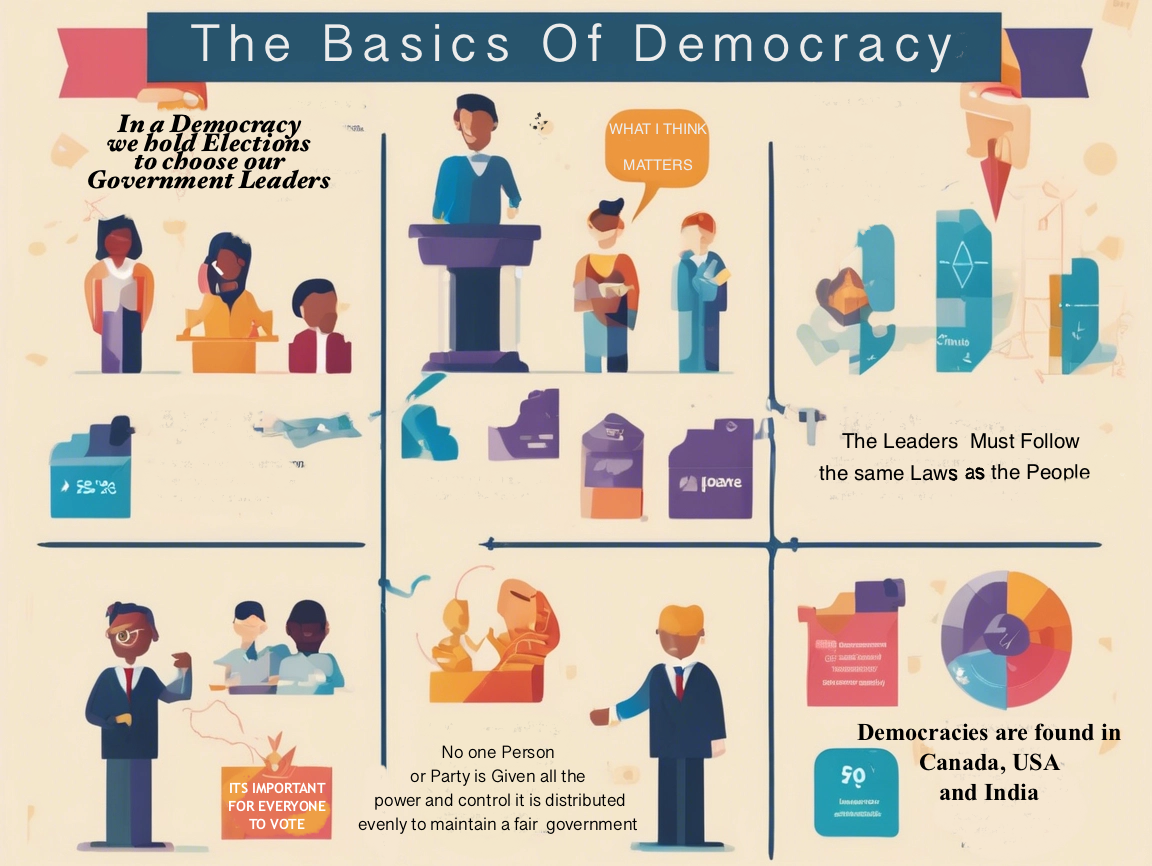Unleashing Marxism: An eli5 Simple Guide to Karl Marx’s Controversial Ideas
March 17, 2025 | by xdragonfky34

Table of Contents
Easy-to-understand guide on Marxism and the influential thinker behind it, Karl Marx
Marxism is a political and economic theory that has shaped many societies and continues to influence the world today. In this blog post, we’ll break down Marxism into simple terms, compare it to everyday things, and explore how it still matters. Whether you’re new to these ideas or just want a refresher, you’re in the right place!
Who Was Karl Marx?
Karl Marx was a 19th-century philosopher, economist, and social scientist. Born in Germany in 1818, Marx spent much of his life analyzing society and capitalism, the economic system where businesses are privately owned and operated for profit. Along with Friedrich Engels, Marx wrote “The Communist Manifesto,” which laid the foundation for Marxism.
What is Marxism?
Marxism is a way of looking at the world through the lens of class struggle. It argues that society is divided into two main classes: the bourgeoisie (the rich, who own the means of production like factories and land) and the proletariat (the workers, who sell their labor). Marx believed that the bourgeoisie exploit the proletariat by paying them less than the value of what they produce, creating profit for the rich and keeping the workers poor.
Key Terms in Marxism (Glossary)
- Bourgeoisie: The class of people who own the factories, land, and other means of production. Think of them as the bosses or business owners.
- Proletariat: The working class who sell their labor to the bourgeoisie. They’re like the employees or workers in a company.
- Means of Production: The resources used to produce goods and services, like factories, machinery, and land. Imagine these as the tools and places needed to make things.
- Class Struggle: The ongoing conflict between the bourgeoisie and the proletariat. It’s like a tug-of-war between the rich and the poor over who gets what.
- Communism: A political and economic system where all property is publicly owned, and each person works and is paid according to their abilities and needs. It’s like everyone sharing everything equally.
Marxism in Everyday Life
Imagine a bakery where the owner (bourgeoisie) hires bakers (proletariat) to make bread. The bakers work hard, but the owner takes most of the profit, paying the bakers just enough to live on. The owner can get rich while the bakers remain poor. Marxism would argue that this system is unfair and that the bakers should get more of the profit since they do the work.
How Does Marxism Compare to Other Political Ideologies?
- Capitalism: Focuses on private ownership and profit-making. The rich can get richer, while the poor can struggle. It’s like a game of Monopoly where the players with more money can buy more properties and charge higher rents.
- Socialism: Advocates for some public ownership and redistribution of wealth to reduce inequality. It’s like everyone pitching in for a pizza and sharing it equally.
- Communism: As mentioned, aims for total public ownership and a classless society. Think of it as a community garden where everyone grows and shares the food.
Trumpism – Marxism advocates for class struggle and wealth redistribution to eliminate capitalism, while Trumpism focuses on nationalism, populism, and deregulated capitalism with an “America First” approach.
Democracy – Marxism seeks to replace capitalist democracy with a classless, stateless society, whereas democracy emphasizes individual freedoms, electoral representation, and market-driven economies
- Republicanism
– Marxism opposes private property and capitalism, advocating for state-controlled economies, while Republicanism supports free markets, limited government, and individual property rights
Trump-era Republicanism – Traditional Republicanism champions small government and fiscal conservatism, while Trump-era Republicanism blends economic nationalism, anti-globalism, and populist rhetoric—both opposing Marxism’s collectivist economic model.
Does Marxism Still Affect the World Today?
Yes, Marxism still influences many aspects of the world. Some countries, like China and Cuba, have adopted Marxist principles in their political systems. Additionally, Marxist ideas inspire social movements and political parties worldwide, advocating for workers’ rights and economic equality.
FAQs about Marxism
- Is Marxism the same as communism? Not exactly. Marxism is the theory, while communism is the practice. Marxism provides the ideas, and communism is one way to implement them.
- Can Marxism work in today’s world? Opinions vary. Some believe it can help reduce inequality, while others think it doesn’t work well in practice.
- Does Marxism oppose all forms of ownership? Marxism critiques private ownership that leads to exploitation but doesn’t necessarily oppose personal possessions.
Examples of Marxism in Action
- Workers’ Cooperatives: Businesses owned and run by their employees, who share profits and decision-making. It’s like a club where everyone gets a say.
- Labor Movements: Unions and strikes fighting for better wages and working conditions align with Marxist ideas.
Conclusion
Marxism offers a critical view of capitalism and explores the dynamics between the rich and the working class. While it’s not without its controversies, Marxism continues to be a relevant and thought-provoking perspective on how society operates.
References and Further Reading
- The Communist Manifesto by Karl Marx and Friedrich Engels
- Stanford Encyclopedia of Philosophy: Karl Marx
More posts
Proudly powered by WordPress
RELATED POSTS
View all



Leave a Reply